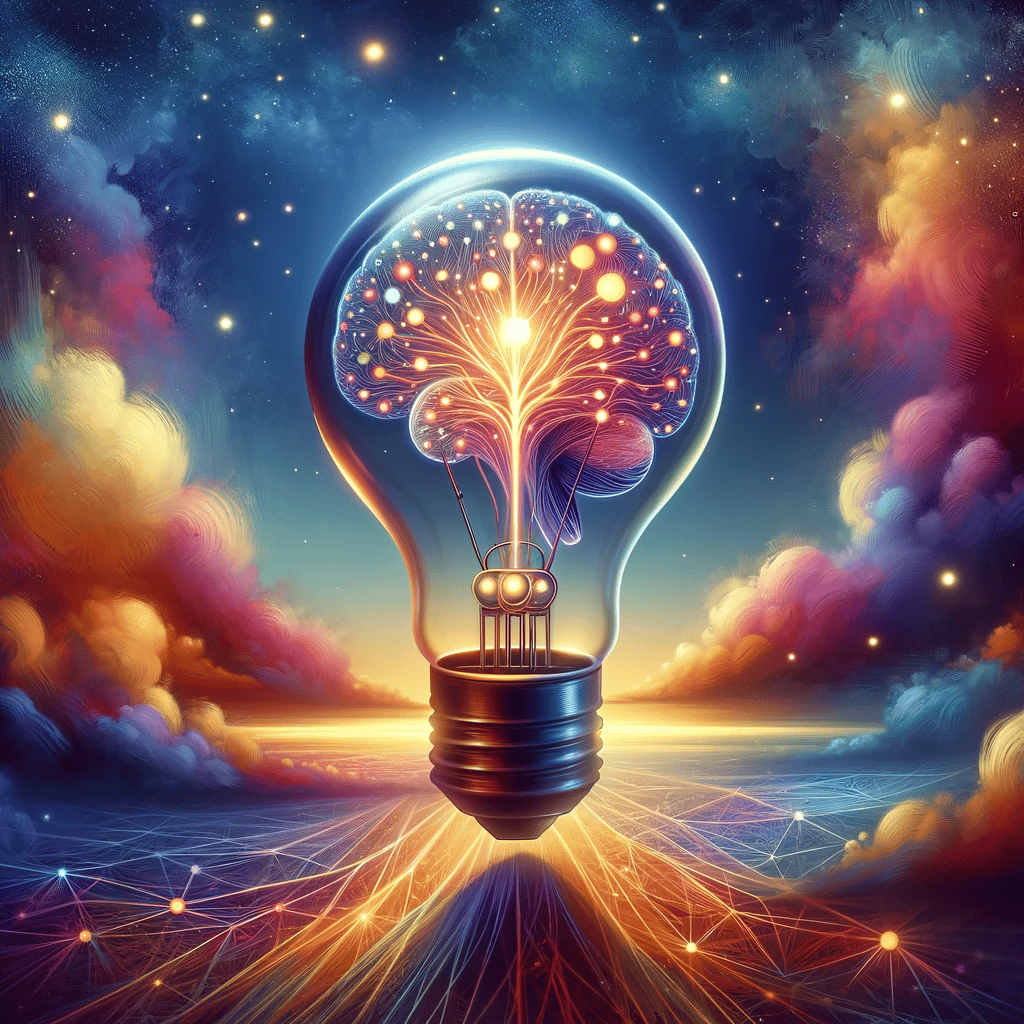
Welcome back.
Today we cover how AI is fuelling dating and social media fraud, plus AI has found a new material that could reduce lithium use in batteries!
So let’s take a look at what’s featured in our latest edition..
Today's Edition
📰 AI fuelling dating and social media fraud, EU police agency says
Officials at Europol have highlighted a worrying trend in the world of online fraud, where artificial intelligence is increasingly being used to perpetrate scams on dating and social media applications. According to Sebastian Bley, head of Europol's economic crime team, and Burkhard Mühl, head of the financial and economic crime unit, AI-generated scripts allow criminals to simultaneously target multiple victims with sophisticated narratives, often posing as individuals in need, such as doctors in war zones.

Europol has observed a significant increase in such fraudulent activities, with losses in some cases amounting to tens of thousands of euros. Additionally, the agency has warned about the growing prevalence of "bogus boss" scams, where fraudsters create intricate networks of fake websites, CVs, and investor profiles to deceive a wide range of victims, from personal investors to tax authorities. The impact of these scams is profound, often resulting in substantial financial loss and, in extreme cases, leading to suicide.
The agency notes that the use of large language tools like ChatGPT has made it easier for scammers to craft thousands of tailored messages in various languages, targeting diverse groups with different stories. This has been exacerbated by the rise in dating fraud, further spotlighted by the Netflix documentary "The Tinder Swindler," which chronicled the exploits of a man posing as a wealthy individual to defraud women.
Europol's experts, Bley and Mühl, stress the importance of never sending money to unmet individuals, no matter how convincing their stories. They also highlight the often-overlooked psychological impact of these scams, noting a 40% increase in general investor fraud via text message scams in the UK since the launch of ChatGPT. The agency encourages victims to report these crimes, despite the associated stigma and shame.
The agency has observed that Europe is particularly targeted by criminals operating outside the EU due to its high standard of living and investment potential. Recent cases include a Bitcoin racket in India targeting Austrians and a "bogus boss" scam that defrauded major corporations of €50 million. Europol emphasizes the sophistication of these criminals, who meticulously study company structures and create elaborate schemes to ensnare investors.
📰 New material found by AI could reduce lithium use in batteries
A groundbreaking discovery, poised to revolutionize the battery industry, has been made through a collaboration between Microsoft and the Pacific Northwest National Laboratory (PNNL), part of the US Department of Energy. Utilizing advanced artificial intelligence (AI) and supercomputing, researchers have identified a new material that could significantly reduce lithium usage in batteries by up to 70%. This innovative substance, developed in under nine months, has already been used to power a lightbulb, marking a major milestone in battery technology.
The discovery process, which involved AI and supercomputing to sift through 32 million potential inorganic materials, identified 18 promising candidates in less than a week. This method, significantly faster than traditional laboratory research, represents a paradigm shift in scientific discovery. Jason Zander, Executive Vice President of Microsoft, emphasized the company's goal to accelerate scientific progress, stating that this approach is the future of science.
Lithium, often referred to as "white gold," is a critical component in rechargeable batteries powering devices from electric vehicles to smartphones. However, with looming shortages anticipated as soon as 2025 and a tenfold increase in demand by 2030, the discovery comes at a crucial time. Lithium mining, known for its environmental impact and high water and energy consumption, has been a point of contention, making the search for alternative materials imperative.
The newly discovered material, known as N2116, is a solid-state electrolyte that offers a safer and more sustainable energy storage solution compared to traditional lithium batteries. This advancement, combined with the potential for faster charging and higher energy density, showcases the transformative power of AI in material science. Experts at PNNL and Microsoft believe that AI will continue to play a crucial role in predicting high-performing materials for the battery industry, accelerating innovation and addressing environmental concerns.
🗣 AI “Quote of the Day”
"Every great advance in science has issued from a new audacity of imagination."

Created with ChatGPT / DALL-E
🚀 AI Tech Spotlight
🔍 Mixo.io - Launch a website in seconds with AI
Mixo is an AI-driven platform designed to simplify website creation, enabling users to launch visually appealing websites quickly with minimal effort. It offers tools for audience engagement, subscriber management, and integrates with marketing platforms and Google Analytics. Trusted by over 450,000 creators and having generated over 3.3 million leads, Mixo is particularly useful for pre-launching products, beta testing, and idea validation, catering to entrepreneurs and businesses of all sizes.
🗓 On This Day In History
In 2001, Apple introduced iTunes, a digital media player application that, with the year's later debut of the iPod, revolutionized digital music.


